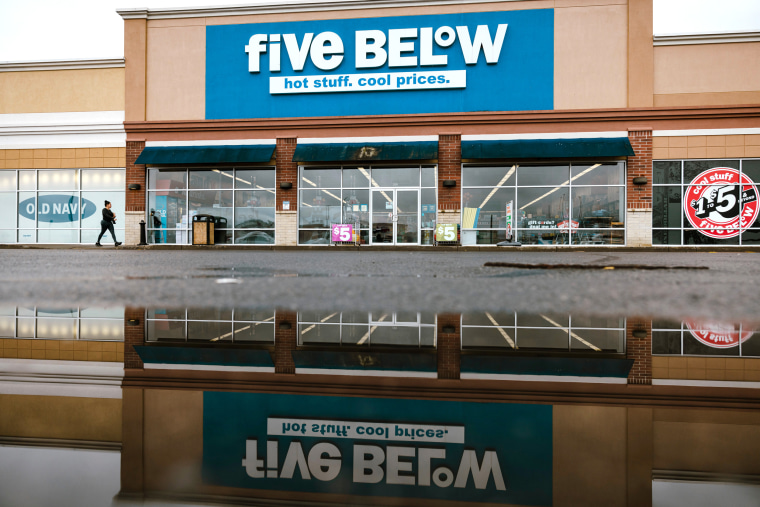In a surprising turn of events, major retailers across the United States are now backtracking on the adoption of self-checkout systems, opting instead to focus on a more traditional approach to customer service. The decision comes amidst shifting consumer preferences and concerns about the future of retail automation.
One of the leading reasons cited by retailers for this shift is the desire to enhance the in-store shopping experience. While self-checkout systems were initially hailed as a way to streamline the checkout process and reduce labor costs, many retailers have found that they can actually lead to customer dissatisfaction. Customers often express frustration with the complexity of self-checkout systems, leading to longer wait times and decreased overall satisfaction with their shopping experience.
Another key factor driving this change is the importance of human interaction in the retail environment. Retailers are recognizing the value of having employees available to assist customers, answer questions, and provide personalized service. By eliminating self-checkout systems, retailers are able to reallocate resources to better train and support their staff, ultimately leading to improved customer experiences and increased loyalty.
Additionally, concerns around job displacement and the impact of automation on the workforce have also influenced retailers’ decision to step back from self-checkout systems. With growing public scrutiny on the ethical implications of relying too heavily on automated technologies, retailers are now looking to strike a balance between innovation and job security for their employees.
While the move away from self-checkout systems represents a significant shift for retailers, many are hopeful that this decision will ultimately benefit both customers and employees alike. By prioritizing human interaction and customer service, retailers aim to create a more welcoming and personalized shopping experience that sets them apart in an increasingly competitive retail landscape.
As the retail industry continues to evolve, it will be interesting to see how this shift away from self-checkout systems shapes the future of in-store shopping and the overall customer experience. Retailers are taking a step back to reevaluate their priorities and make changes that align more closely with the needs and expectations of modern consumers. Ultimately, this move symbolizes a renewed focus on the human element of retail and the importance of building strong relationships with customers in an ever-changing market.
